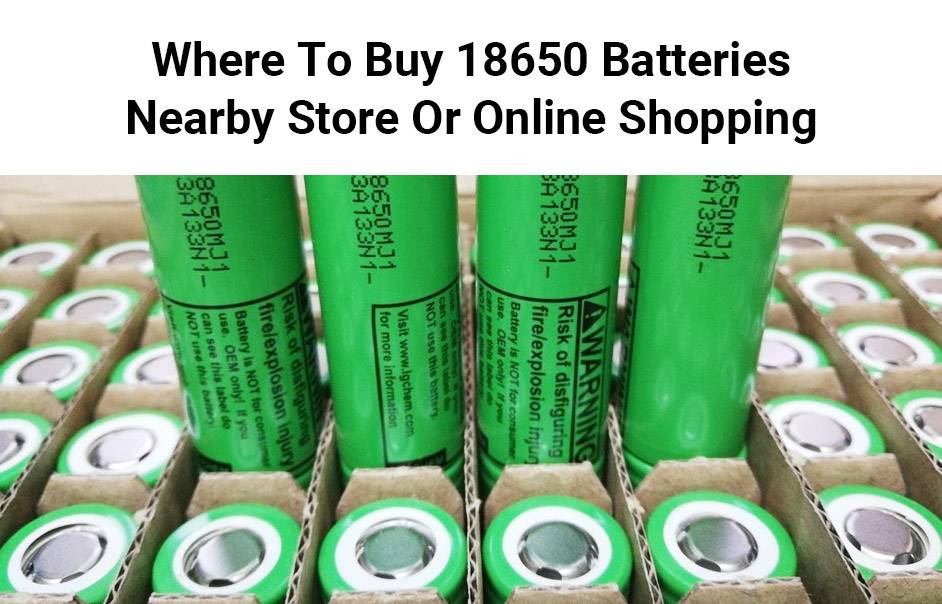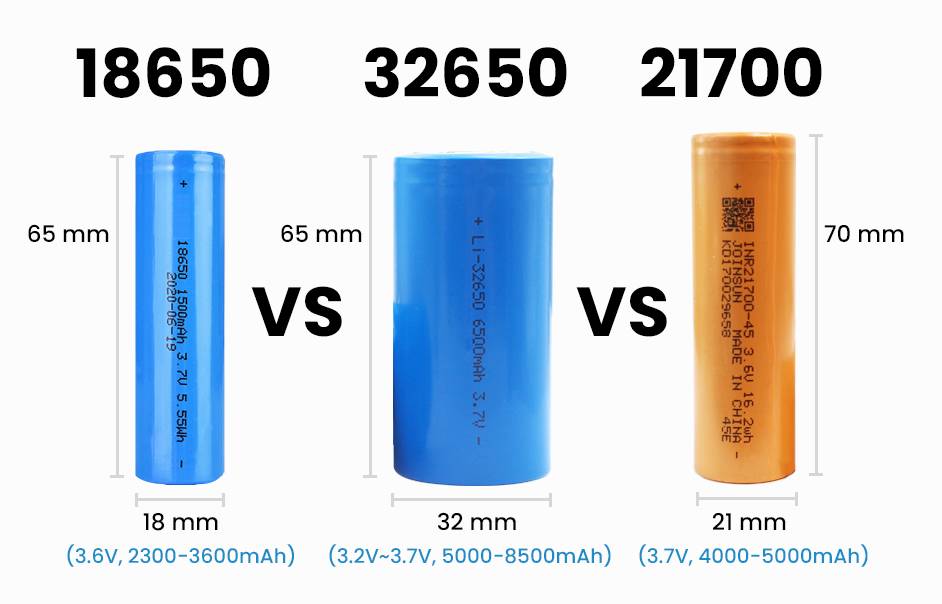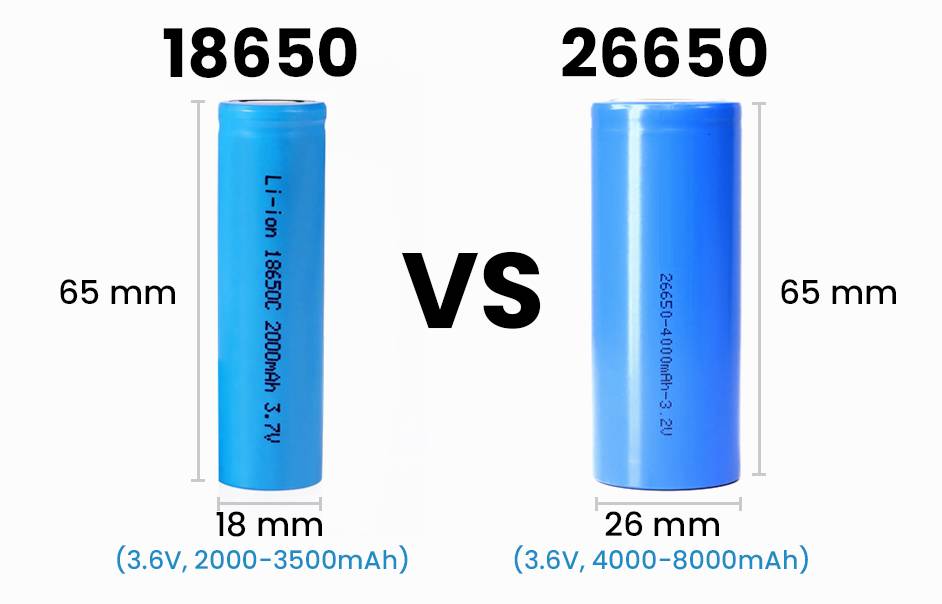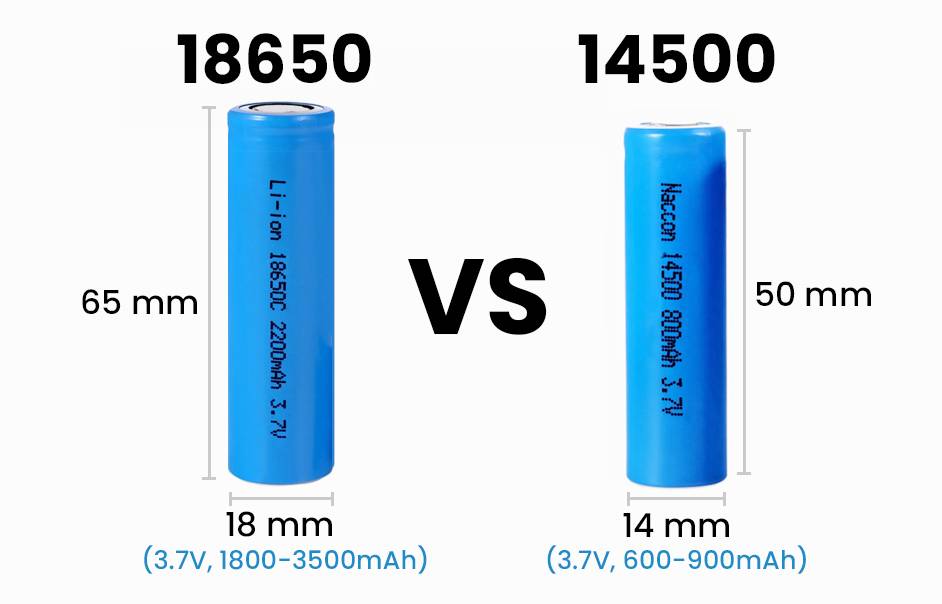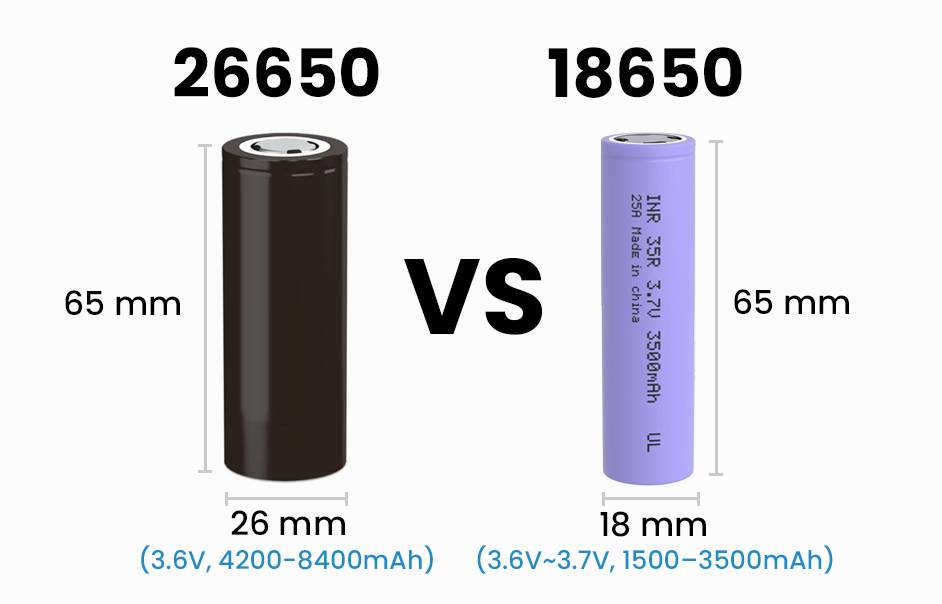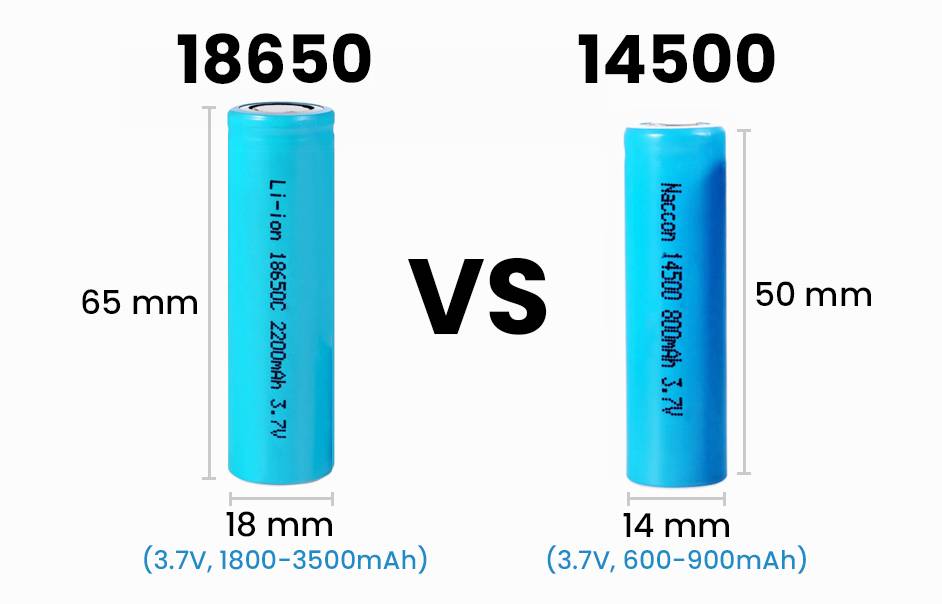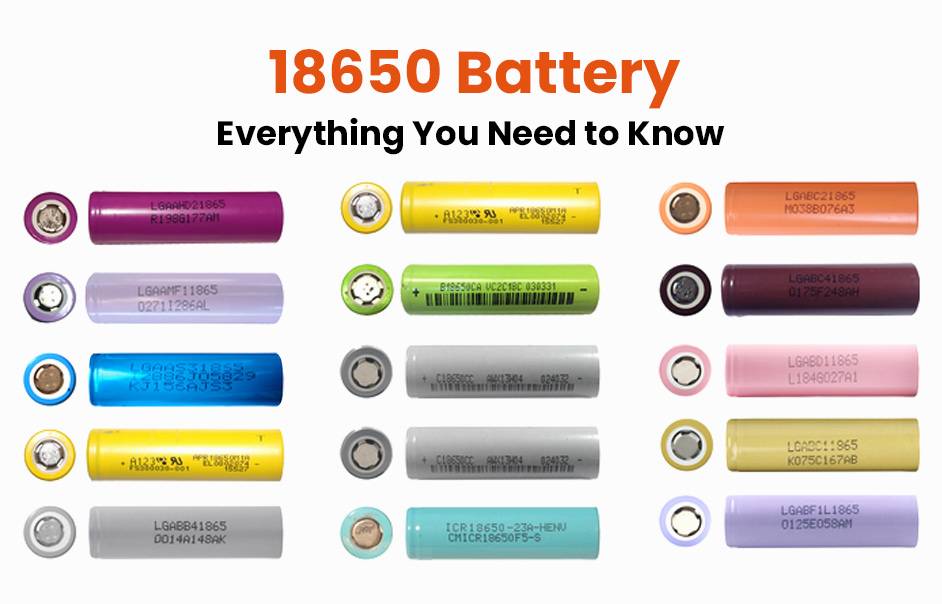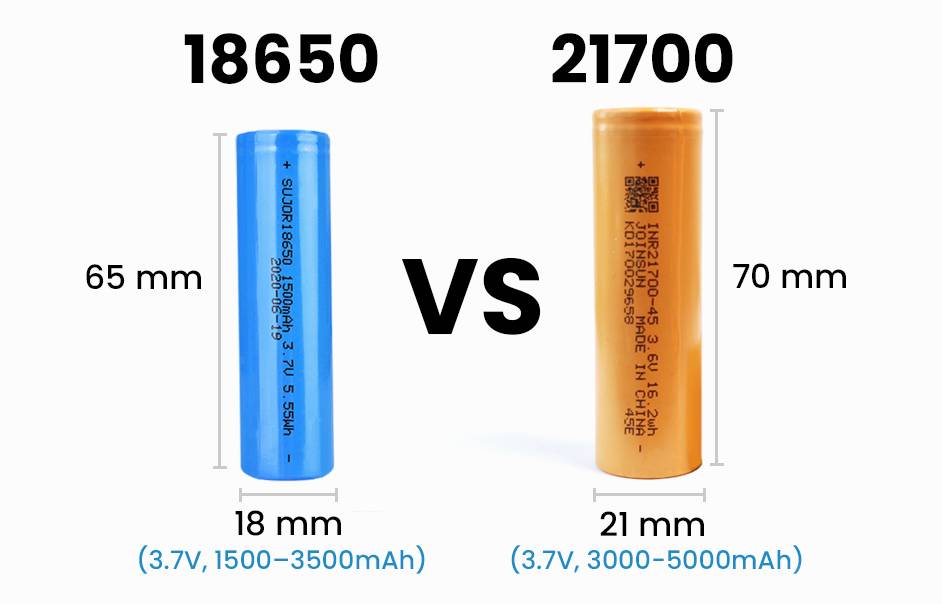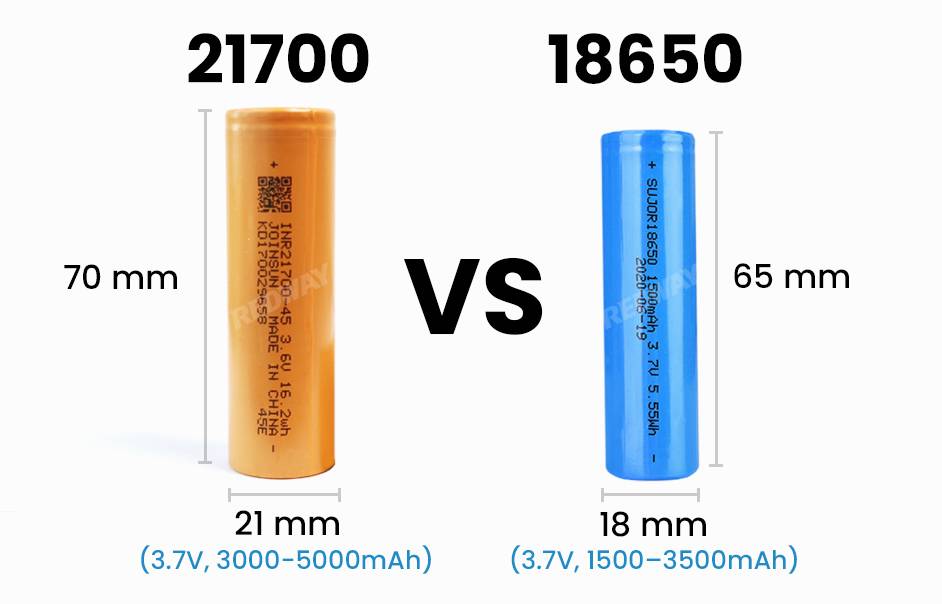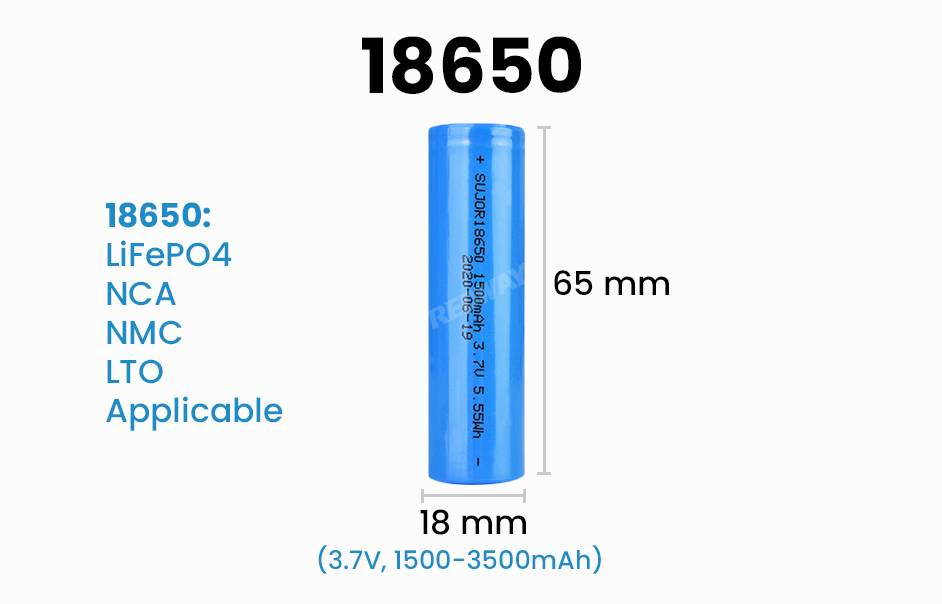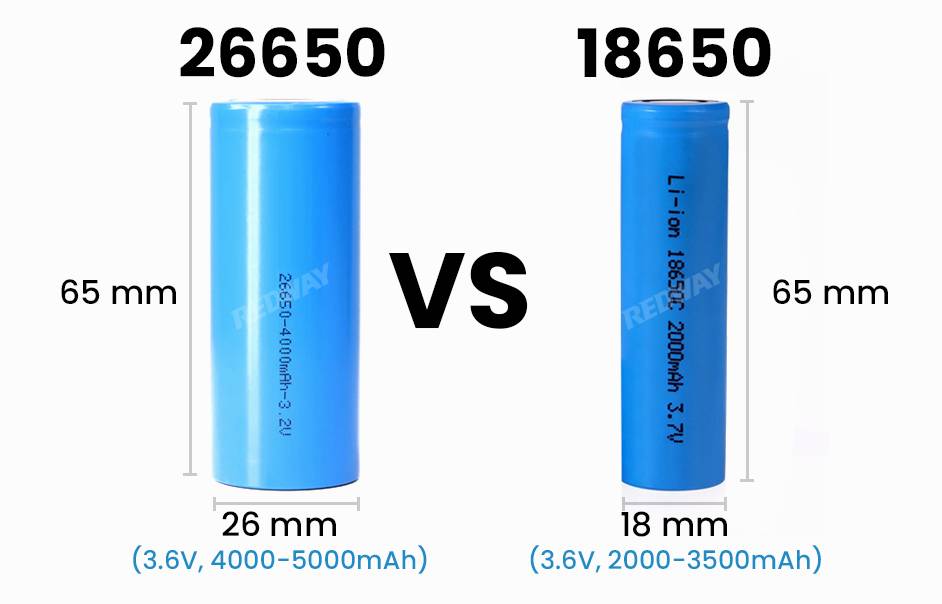- Forklift Lithium Battery
-
48V
- 48V 210Ah
- 48V 300Ah
- 48V 420Ah (949 x 349 x 569 mm)
- 48V 420Ah (950 x 421 x 450 mm)
- 48V 456Ah
- 48V 460Ah (830 x 630 x 590 mm)
- 48V 460Ah (950 x 421 x 450 mm)
- 48V 460Ah (800 x 630 x 600 mm)
- 48V 460Ah (820 x 660 x 470 mm)
- 48V 500Ah
- 48V 560Ah (810 x 630 x 600 mm)
- 48V 560Ah (950 x 592 x 450 mm)
- 48V 600Ah
- 48V 630Ah
-
48V
- Lithium Golf Cart Battery
- 12V Lithium Battery
12V 150Ah Lithium RV Battery
Bluetooth App | BCI Group 31
LiFePO4 Lithium
Discharge Temperature -20°C ~ 65°C
Fast Charger 14.6V 50A
Solar MPPT Charging - 24V Lithium Battery
- 36V Lithium Battery
- 48V Lithium Battery
-
48V LiFePO4 Battery
- 48V 50Ah
- 48V 50Ah (for Golf Carts)
- 48V 60Ah (8D)
- 48V 100Ah (8D)
- 48V 100Ah
- 48V 100Ah (Discharge 100A for Golf Carts)
- 48V 100Ah (Discharge 150A for Golf Carts)
- 48V 100Ah (Discharge 200A for Golf Carts)
- 48V 150Ah (for Golf Carts)
- 48V 160Ah (Discharge 100A for Golf Carts)
- 48V 160Ah (Discharge 160A for Golf Carts)
-
48V LiFePO4 Battery
- 60V Lithium Battery
-
60V LiFePO4 Battery
- 60V 20Ah
- 60V 30Ah
- 60V 50Ah
- 60V 50Ah (Small Size / Side Terminal)
- 60V 100Ah (for Electric Motocycle, Electric Scooter, LSV, AGV)
- 60V 100Ah (for Forklift, AGV, Electric Scooter, Sweeper)
- 60V 150Ah (E-Motocycle / E-Scooter / E-Tricycle / Tour LSV)
- 60V 200Ah (for Forklift, AGV, Electric Scooter, Sweeper)
-
60V LiFePO4 Battery
- 72V~96V Lithium Battery
- Rack-mounted Lithium Battery
- E-Bike Battery
- All-in-One Home-ESS
- Wall-mount Battery ESS
-
Home-ESS Lithium Battery PowerWall
- 24V 100Ah 2.4kWh PW24100-S PowerWall
- 48V 50Ah 2.4kWh PW4850-S PowerWall
- 48V 50Ah 2.56kWh PW5150-S PowerWall
- 48V 100Ah 5.12kWh PW51100-F PowerWall (IP65)
- 48V 100Ah 5.12kWh PW51100-S PowerWall
- 48V 100Ah 5.12kWh PW51100-H PowerWall
- 48V 200Ah 10kWh PW51200-H PowerWall
- 48V 300Ah 15kWh PW51300-H PowerWall
PowerWall 51.2V 100Ah LiFePO4 Lithium Battery
Highly popular in Asia and Eastern Europe.
CE Certification | Home-ESS -
Home-ESS Lithium Battery PowerWall
- Portable Power Stations
Why the 18650 Battery is the Most Popular Lithium Battery Size

The 18650 battery is a cylindrical lithium-ion cell measuring 18mm in diameter and 65mm in length, widely used in various applications such as laptops, electric vehicles, and power tools. Its popularity stems from its high energy density, long cycle life, and versatility, making it a preferred choice for manufacturers and consumers alike.
What are the Key Features of the 18650 Battery?
The 18650 battery boasts several key features that contribute to its widespread use:
- High Energy Density: Offers significant power in a compact size.
- Rechargeable: Can be charged hundreds of times, reducing waste.
- Versatile Applications: Used in consumer electronics, electric vehicles, and renewable energy systems.
Comparison of Key Features
| Feature | Description |
|---|---|
| Diameter | 18 mm |
| Length | 65 mm |
| Nominal Voltage | Typically 3.6–3.7 V |
| Capacity Range | 1200 mAh to 3600 mAh |
| Cycle Life | Over 500 cycles |
How Do 18650 Batteries Work?
18650 batteries operate through electrochemical reactions that convert chemical energy into electrical energy. They consist of an anode (typically graphite), a cathode (often lithium cobalt oxide), and an electrolyte that facilitates ion movement between the electrodes during charge and discharge cycles.
Working Principle Overview
- Charging: Lithium ions move from the cathode to the anode.
- Discharging: Lithium ions flow back to the cathode, generating electricity.
What Are the Common Applications of 18650 Batteries?
18650 batteries are utilized across a wide range of industries due to their reliability and efficiency:
- Consumer Electronics: Powering laptops, smartphones, and portable chargers.
- Electric Vehicles: Serving as the primary power source for electric cars and bikes.
- Renewable Energy Storage: Storing energy from solar panels and wind turbines.
- Medical Devices: Used in portable medical equipment like infusion pumps.
Application Breakdown
| Application | Examples |
|---|---|
| Consumer Electronics | Laptops, tablets, power banks |
| Electric Vehicles | E-bikes, scooters, electric cars |
| Renewable Energy | Solar storage systems |
| Medical Devices | Portable diagnostic tools |
Why Are 18650 Batteries Preferred for Electric Vehicles?
The demand for electric vehicles (EVs) has surged, with 18650 batteries being favored due to their high energy density and ability to deliver substantial power output. They enable longer driving ranges and faster acceleration while maintaining a compact form factor.
Benefits for Electric Vehicles
- High Capacity: Supports extended range for EVs.
- Lightweight Design: Reduces overall vehicle weight.
- Scalability: Easily configured in series or parallel arrangements.
How Do You Maintain 18650 Batteries?
Proper maintenance is essential for ensuring the longevity and performance of 18650 batteries:
- Storage Conditions: Store in a cool, dry place to prevent degradation.
- Charging Practices: Use appropriate chargers to avoid overcharging or deep discharging.
- Regular Inspections: Check for physical damage or swelling.
Maintenance Tips
| Task | Frequency |
|---|---|
| Inspect for damage | Monthly |
| Monitor charge levels | Weekly |
| Store at optimal temperatures | Always |
What Are the Advantages and Disadvantages of 18650 Batteries?
Understanding the pros and cons helps consumers make informed choices:
Advantages
- High Energy Density: Provides more power per unit volume compared to other battery types.
- Long Cycle Life: Capable of enduring many charge-discharge cycles.
- Versatile Use Cases: Suitable for various applications from consumer electronics to industrial equipment.
Disadvantages
- Fixed Size: Limited flexibility in design compared to custom battery packs.
- Production Costs: Requires stringent manufacturing conditions which can increase costs.
All you need to know about 18650 batteries
Industrial News
Recent advancements in battery technology have led to increased interest in alternative chemistries for 18650 cells, such as sodium-ion and solid-state batteries. These innovations aim to enhance safety features and energy density while addressing environmental concerns associated with lithium extraction.
Redway Power Expert Views
“While the 18650 battery remains a staple in many applications, emerging technologies are poised to redefine energy storage solutions,” states a Redway Power expert. “Investing in research on new chemistries could lead to safer, more efficient alternatives that meet future demands.”
FAQ Section
Q1: What devices commonly use 18650 batteries?
18650 batteries are used in laptops, electric vehicles, flashlights, and portable power banks due to their high energy density and reliability.Q2: Can I replace my device’s battery with a different type?
It is not recommended to replace a device’s battery with a different type unless specified by the manufacturer, as it may lead to safety issues or performance problems.Q3: How can I extend the lifespan of my 18650 batteries?
To extend lifespan, store them in cool environments, avoid deep discharges, and use proper charging equipment designed for lithium-ion cells.By understanding the unique characteristics of the 18650 battery along with its applications and maintenance needs, users can make informed decisions that enhance performance while ensuring safety across various uses.















